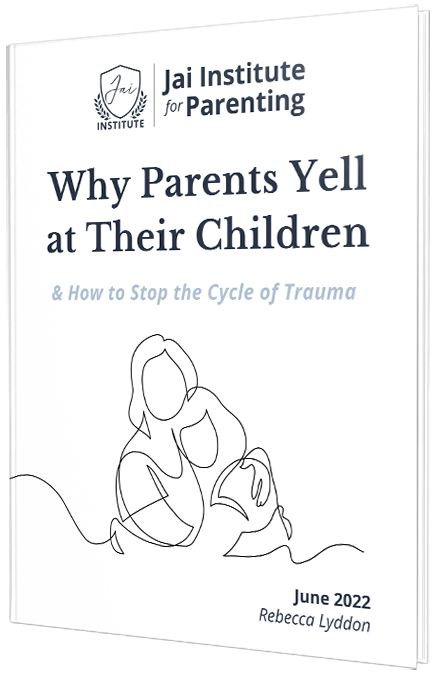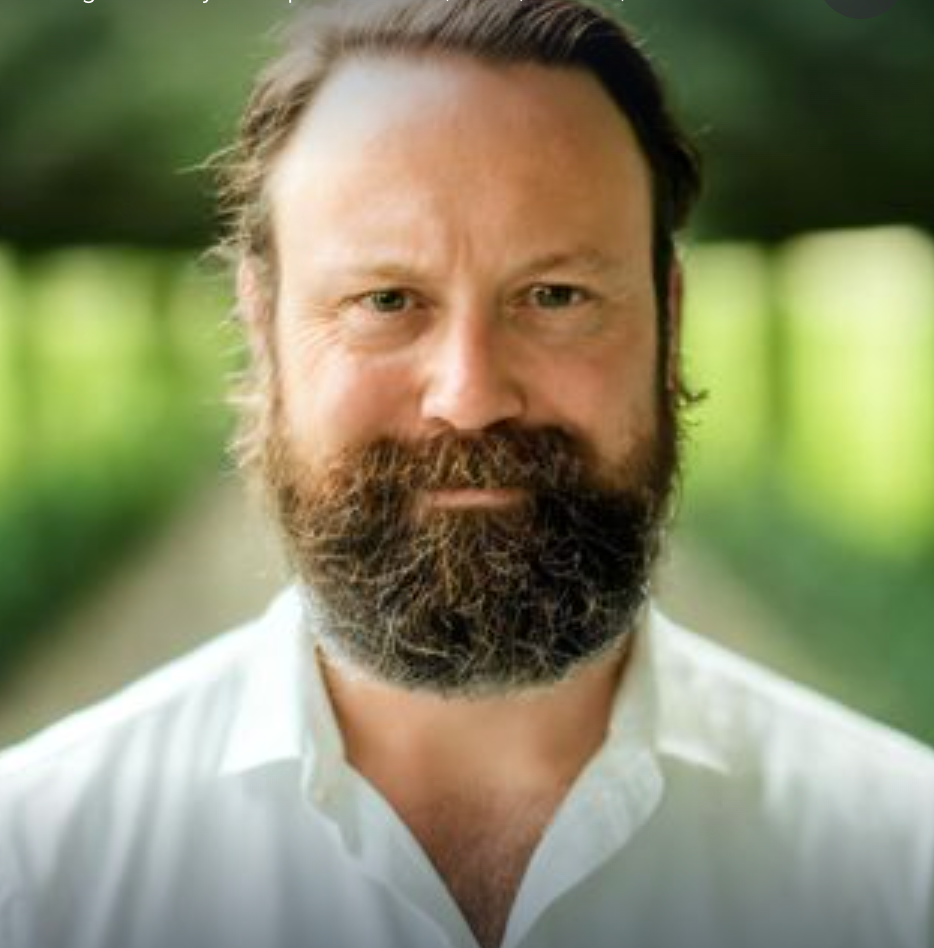Unmasking Educational Trauma: A Legacy of Unmet Needs

In my role as a certified coach with the Jai Institute for Parenting, I often find myself walking alongside families whose stories stir something deep within me, a quiet ache from my own past, blended with the profound hope of transformation. This article draws from a recent coaching journey with a client whose experiences echoed my heart's hidden wounds.
To protect their privacy, I will refer to their child as Alex. Watching Alex struggle with unidentified dyslexia, which manifested in classroom disruptions and heartbreaking self-doubt, brought back the raw pain of my client's childhood, where similar learning differences went unnoticed and unaddressed. It was a mirror that reflected not just facts, but the lingering sorrow of unmet needs, needs that ripple through generations, shaping self-worth, relationships, and even the paths we choose in life.
Through this shared vulnerability, I extend a hand of empathy to parents in similar storms, reminding us that these fractures are not failures but invitations to heal.
At the core of Jai's peaceful parenting lies a commitment to connection over correction, creating spaces where emotions can safely unfold while boundaries guide growth.
The troubles began subtly, like a gathering storm, in Alex's second-grade year. School notes arrived with increasing urgency, describing his constant fidgeting, his quiet retreat from reading exercises, and the tense flare-ups during group work with peers. At home, the weight of it all pressed heavier: tearful refusals to tackle homework, accompanied by whispers that pierced the soul, "I'm stupid." My client's voice trembled as they recounted these moments, the helplessness washing over them like a wave.
Unseen at first was Alex's dyslexia, a condition where the brain wrestles with words despite sharp intelligence elsewhere. Without early recognition, his inner turmoil built, spilling out in behaviors that masked the true struggle: letters dancing unpredictably, stories slipping from grasp.
This narrative struck a chord in my client, pulling them back to the dim classrooms of the 1970s and 1980s. I could feel the emotion in their words as they described the letters blurring and shifting, words refusing to align, and teachers attributing it all to laziness.
Their parents, with the best of intentions but little understanding, urged more effort, unknowingly deepening the wound. The educational trauma that followed, a profound psychological scar from
dismissed needs and punitive responses to undiagnosed challenges, left an indelible mark of inadequacy. As the
International Dyslexia Association notes that about 20% of people show signs of dyslexia, yet so many remain undiagnosed, carrying silent burdens that echo into adulthood. For my client, reliving this through Alex felt like reopening an old scar, a mix of grief and resolve to break the cycle.
The school's initial response only amplified the echo: suggestions of behavioral interventions without probing deeper, stirring a whirlwind of guilt in my client. Cultural pressures, the myth of the perfect child, the shadow of stigma around learning differences, and the expectation that parents should intuitively fix everything intensified this inner turmoil.
Simple parent-teacher conferences became arenas of judgment, where anxiety gripped their chest, a physical reminder of the fight to advocate while questioning their own worth. In our sessions, my client shared the vulnerability of it all: the knot in their stomach during emails from school, the blend of fierce protection for Alex and quiet self-doubt about their parenting. Yet, these are not endpoints of despair; they are the raw edges of growth, especially when past generations whisper through the present.
When Alex faced his first suspension for what was labeled defiance, the floodgates opened. My client spoke of the shock that stole their breath, the disbelief at seeing their bright, creative child branded as a problem, and the simmering anger toward a system blind to root causes. These reactions, rooted in the body's instinctive safeguard of loved ones, mirror the protective surge any parent might feel in the face of threat. They are not signs of weakness but testaments to the depth of our bonds.
Guilt loomed largest, a heavy cloak woven from regrets: for missing early signs, for unconsciously mirroring their own trauma in urging Alex to "try harder," for moments of frustration born from exhaustion. Shame followed, fueled by comparisons to families who seemed untouched by such trials. And beneath it, a profound sense of loss, for the uncomplicated school life imagined, for the erosion of trust in one's instincts as a caregiver. In Jai's framework, we honor these emotions as valid responses to adversity, not indictments of character. They deserve space to breathe.
To nurture self-compassion, my client began with small, intentional steps that warmed my heart to witness. Daily affirmations, jotted in a journal, "I am growing alongside my child", served as anchors. Self-care rituals emerged: walks in nature to process the swirl of feelings, conversations with trusted friends to gain fresh perspectives. Jai's guided meditations for emotional regulation became lifelines, easing the grip of overwhelm.
For parents navigating this terrain, I gently recommend seeking expert support, such as family therapists or educational advocates through organizations like the American Psychological Association, Council of Parent Attorneys and Advocates, or immediate guidance via the National Parent Helpline. Healing is a gentle unfolding, a series of quiet victories that rebuild confidence and turn pain into purposeful action.
Transitioning from chaos to calm required deliberate self-coaching, drawing on Jai's foundations in attachment theory and neurobiology. Those early nights were restless, filled with replays of the day's events, but my client embraced the "Pause and Reflect" practice: stepping away to identify triggers, often tied to echoes of their
youth, and grounding through breathing exercises inspired by polyvagal theory, which teaches how safety cues can quiet the nervous system.
A turning point arrived with Alex's dyslexia diagnosis from a neuropsychologist, a moment of clarity that lifted the fog, bringing tears of relief. This validation paved the way for targeted support, like The Morris Center’s NOW! The Foundations program, which uses multisensory methods to rebuild reading and communication skills. Simultaneously, my client adopted Jai's lens of compassion, viewing Alex's outbursts not as rebellion but as cries for unmet needs. Insights from the Yale Center for Dyslexia and Creativity affirm this: early intervention can prevent long-term shadows like anxiety or diminished self-belief.
My client's own healing is intertwined with this, through therapy focused on mending the inner child dismissed long ago. Cognitive shifts challenged old beliefs, "struggle does not mean unworthiness”, while resilience grew through tools like adult literacy aids, modeling lifelong learning. In Jai's community circles, stories of triumph resonated deeply: others sharing how facing personal scars strengthened family connections, inspiring a shared sense of solidarity.
To you, dear reader, I offer Jai's "Emotional Coaching" model as a beacon: name the emotion, validate it, and guide toward solutions. This fosters peace, as evidenced by studies in the Journal of Child Psychology and Psychiatry showing reduced behavioral issues in supported children. Remember, you are not alone; explore Jai's programs for deeper tools or connect via their online communities. Books like "The Dyslexic Advantage" by Brock and Fernette Eide reveal the gifts within these challenges, turning perceived deficits into strengths.
In adulthood, my client's unmet childhood needs surfaced as professional hesitancy and a reluctance to speak up, a quiet inheritance now being rewritten. Through Jai's guidance, they have interrupted this legacy for Alex, ensuring his needs are met with understanding. This journey reminds us that healing parents are lineage-menders; with empathy and intention, we transform fragility into enduring strength.
Why Parents Yell at Their Children
And How to Stop the Cycle of Trauma
- Learn how to
shift away from yelling, even in moments of frustration and overwhelm.
- Explore how to
parent without yelling.
- Read the most current research about the impacts yelling has on children.
Meet Your Author, Chris Putnam
Chris Putnam, Ph.D., is an independent researcher and adjunct faculty member in the College of Business Administration and Communication MBA Program at Concordia University Texas. His research focuses on the effects of child and adolescent developmental trauma on interpersonal relationships and organizational behavior. Dr. Putnam holds certification from the Jai Institute for Parenting (Jai 82 Graduate) and contributes to academic discussions on parenting and family dynamics through evidence-based methodologies.
Putnam practices as a master's-level Texas Licensed Marriage and Family Therapist-Associate (LMFT-Associate), with supervision provided by Dean Janeff, LMFT-S, at HiveZen Family Therapy. He specializes in child and adolescent family therapy, addressing developmental trauma through evidence-based, compassionate approaches to foster intergenerational healing.
Share This Article:
Curious for more?















